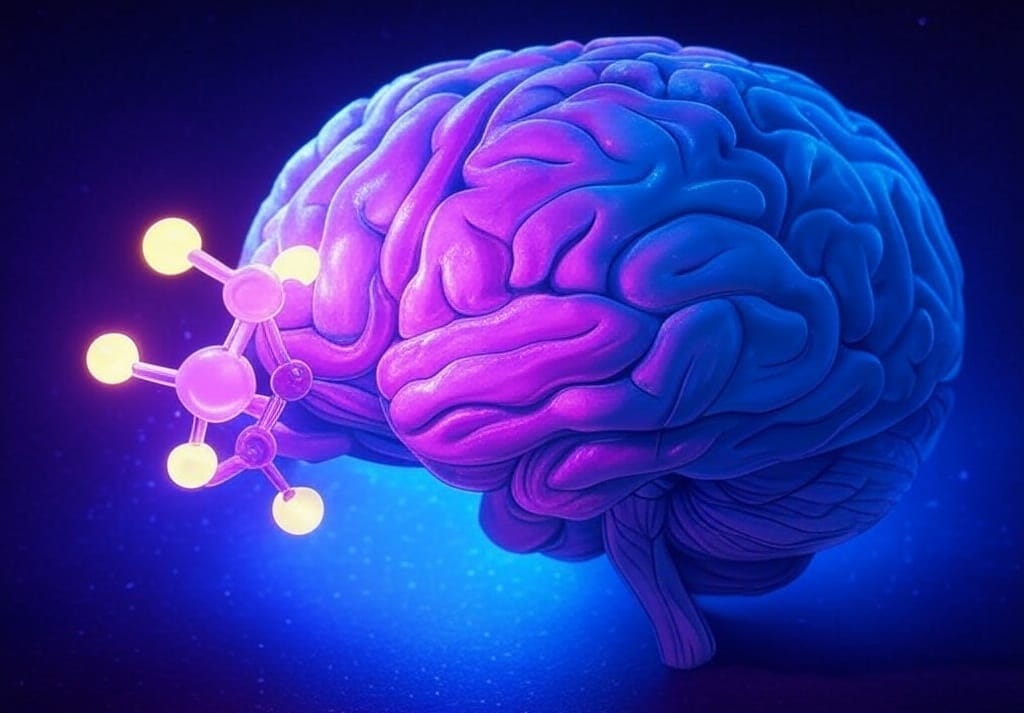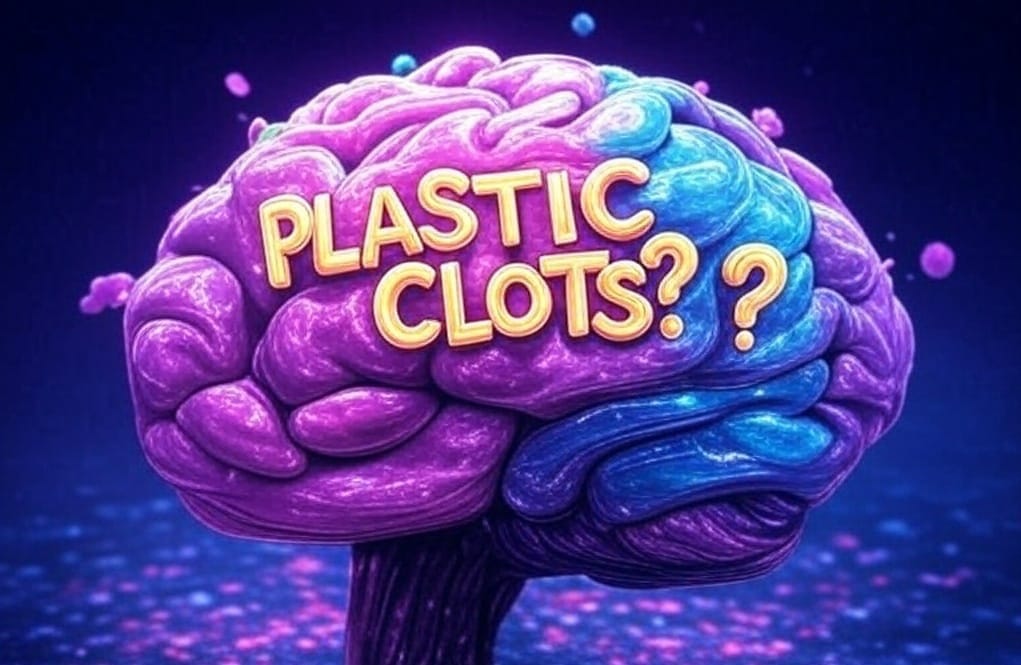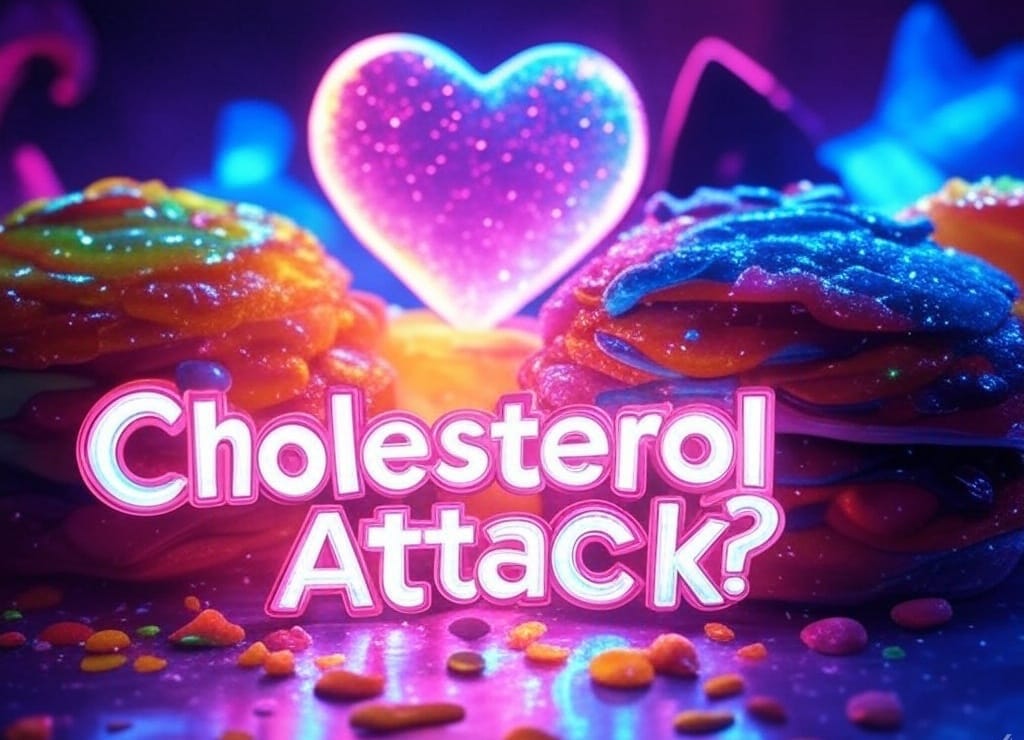If you’ve been following our cholesterol chronicles—like our deep dive into whether cholesterol clogs arteries or our take on cholesterol as hero or villain—you’re in for a wild ride. Today, we’re tackling a jaw-dropping question: could low cholesterol spark violent behavior or suicide, especially in people with mental health issues? Buckle up as we unpack a 2022 systematic review by Sen et al. from the Australian & New Zealand Journal of Psychiatry in a fun, beginner-friendly way. Let’s see if low cholesterol is the brain’s hidden troublemaker!
Cholesterol: Not Just a Heart Story
You might think cholesterol is just about heart health, but it’s like that misunderstood guest at a party—often blamed for trouble (like heart disease) but actually doing tons of good. Cholesterol builds cell walls, makes hormones, and even helps your brain function. In previous posts, we debunked the idea that it’s always “bad.” Some studies even link higher cholesterol to a longer life. So, imagine our shock when we found research suggesting low cholesterol might be tied to aggression or self-harm in some folks. Mind blown, right?
What Did the Study Find?
The 2022 study by Sen and friends reviewed 23 research papers to explore whether lipid profiles—a fancy term for the fats in your blood, like total cholesterol (TC), Low Density Lipoprotein (LDL cholesterol), High Density Lipoprotein (HDL cholesterol), and triglycerides (TG)—could predict violent behavior, suicide, or self-harm in people with mental health conditions. Think of it like using a cholesterol test as a crystal ball for mental health risks.
Low Cholesterol and Violence
Here’s the juicy scoop: about 70% of the studies found that low total cholesterol was linked to violence toward others. One study even suggested a cutoff: TC below 5.3 mmol/L (roughly 205 mg/dL for you lab nerds) could signal trouble. Low LDL and HDL also raised red flags in some cases, but triglycerides? They stayed out of the drama. Unlike their negative role in heart disease, triglycerides didn’t seem to matter much here.
Low Cholesterol and Suicide
Suicide was the star of the show, studied in 20 of the 23 papers. About half found that lower total cholesterol was tied to suicidal behavior. The biggest study, with 802 participants, backed this up. Low HDL and LDL also popped up as potential troublemakers in a few cases, but triglycerides remained chill.
Key Takeaways:
- Low total cholesterol is linked to violence in 70% of studies.
- Low cholesterol may increase suicide risk, especially in schizophrenia.
- LDL and HDL matter sometimes, but triglycerides don’t seem to play a role.
Why Does This Happen? The Brain-Cholesterol Connection
So, why might low cholesterol make someone more likely to lash out or feel suicidal? The researchers toss out a cool theory: cholesterol might play a role with serotonin, the brain’s “happy chemical.” Animal studies (shoutout to some feisty monkeys) showed that low-cholesterol diets reduced serotonin activity, leading to more aggression or depression-like behaviour. In humans, it’s like low cholesterol could make the brain’s brakes less effective, ramping up impulsivity or low mood. Since 40% of people with schizophrenia deal with depression, this could be a key piece of the puzzle. But, like a good mystery, the exact “how” is still foggy.
Men vs. Women: A Gender Twist
Does low cholesterol affect men and women differently? Spoiler: it’s complicated! Men showed stronger links between low total cholesterol and violence, with low HDL being a particular troublemaker for guys. But women aren’t off the hook. One study found low cholesterol predicted violence in women, and another linked higher cholesterol to suicidal thoughts in females. The problem? There’s barely any research on women, and self-harm studies are almost nonexistent. Come on, science—let’s study everyone equally!
Quick Fact: Men’s stronger link to violence might be due to hormonal differences, cholesterol is the back bone of testosterone. Low cholesterol could cause low testosterone leading to aggression, anxiety and depression. But we need more data to know for sure.
So, What Now?
This study is like a neon sign saying, “Hey, low cholesterol might be a clue for violence or suicide risk!”, especially for those suffering from mental health issues. It’s not ready to be a doctor’s go-to test, but it’s a promising lead. Future research needs to dig deeper. Think long studies tracking both men and women, healthy individuals, and those with mental health issues. This will help us understand how cholesterol affects mood and the brain.
What’s Next?
Cholesterol is clearly has more impact than just heart and longevity —it’s a brain player, too! Want to dive deeper? Check out our posts on cholesterol section, the home for all our post on the subject or you can subscribe to our newsletter for the latest on cholesterol’s wild side.














Discussion